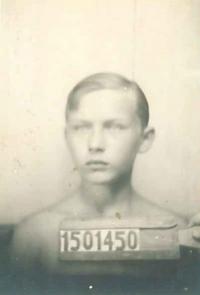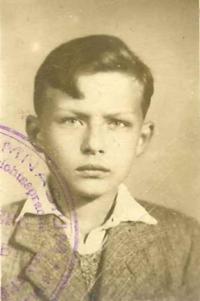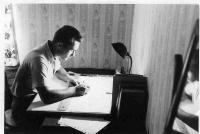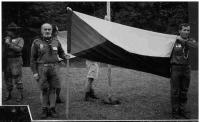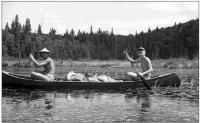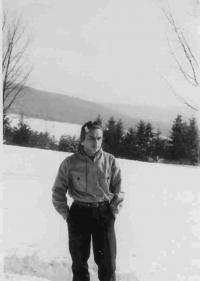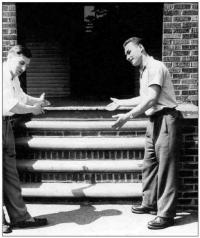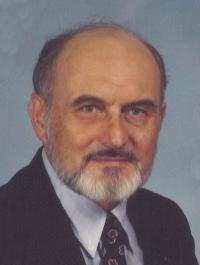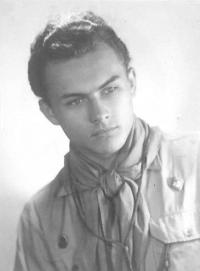The second time my father had no doubt, that we need to escape from the Soviets
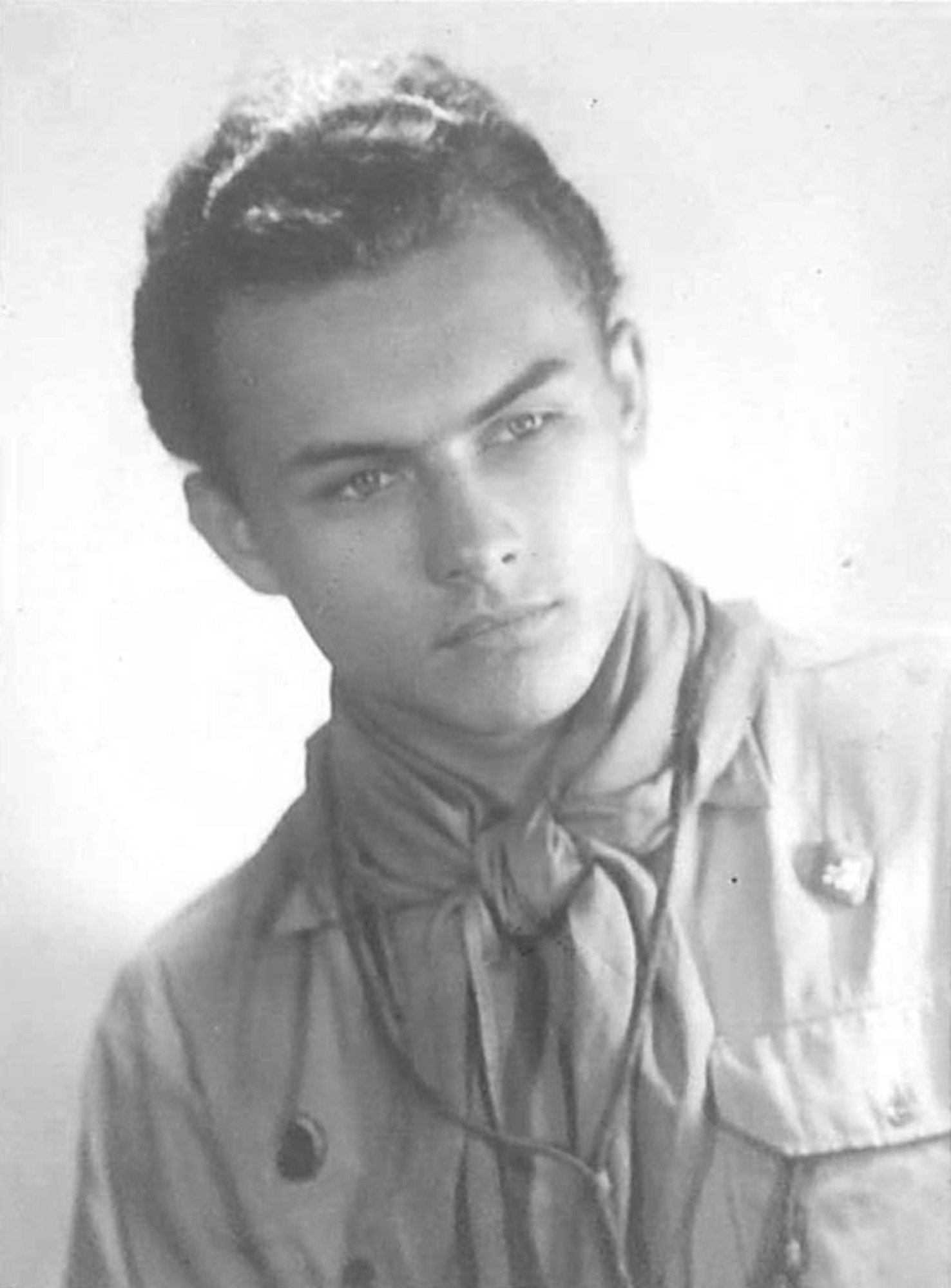
Stáhnout obrázek
Sharko Volodymyr was born on August 21, 1931 in Lviv, in the family of bank clerk Peter Sharko and Eugenia from Spolitakevych family. He studied in the „Ridna Shkola“ school, named after the Prince Leo from 1938, and later in the Academic Gymnasium (from 1942). In 1944, with his parents and sisters, he left Galicia, and through Hungary they found themselves in Austria, where the family was interned in a refugee camp. He continued his studies in the Ukrainian Gymnasium in Vienna, but had to go away because of the Soviet offensive. After the war he studied at Karlsfeld and Berchtesgaden, and graduated in 1949. In March 1950 he emigrated with his parents to New York.He graduated from Ohio Northern University (1954) as civil engineer, specialist in designing and building bridges.For 39 years Volodymyr Sharko was working in a large architectural and engineering firm in New York (HNTB Architects Engineers Planners) as a designer and project manager of a large scale. He lived and worked in New York, Rio de Janeiro, Philadelphia, Washington, Jacksonville, Charleston. In Jacksonville, he was responsible for the project and building of the record bridge over the St.Johns River.Author of many technical posts in area of bridge building technology. Volodymyr entered Plast in Lviv during the German occupation (the organization at that time was formally known as „Ukrainian Youth Educational Community“). In Bavaria he belonged to a youth group „Owls“ (from 1945 Karlsfeld, then Berchtesgaden), then he joined to the hut of „Vataha burlakiv“ (from 1949). Member of the Carpathian Ski Club = CLC (from 1942). Active athlete, competed in swimming, tennis, ski and boating. In 1954 he became one of the principal members of CLC recovery in America and has been its member until now.In I979 he married Marilyn Svann. Now he is living in Jacksonville in Florida. He traveled a lot around the world, visited four continents, from 1987 he periodically visits Ukraine.
